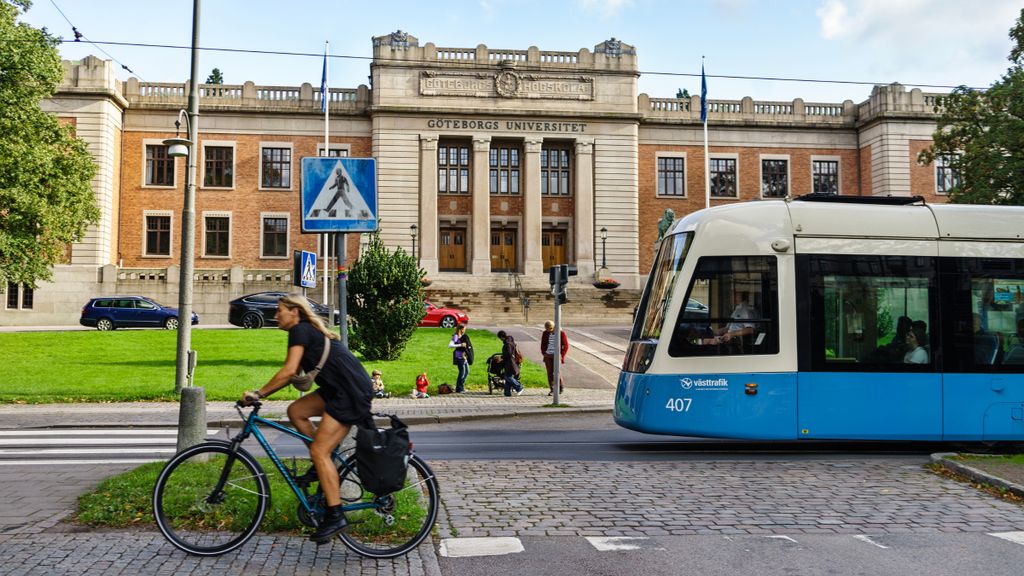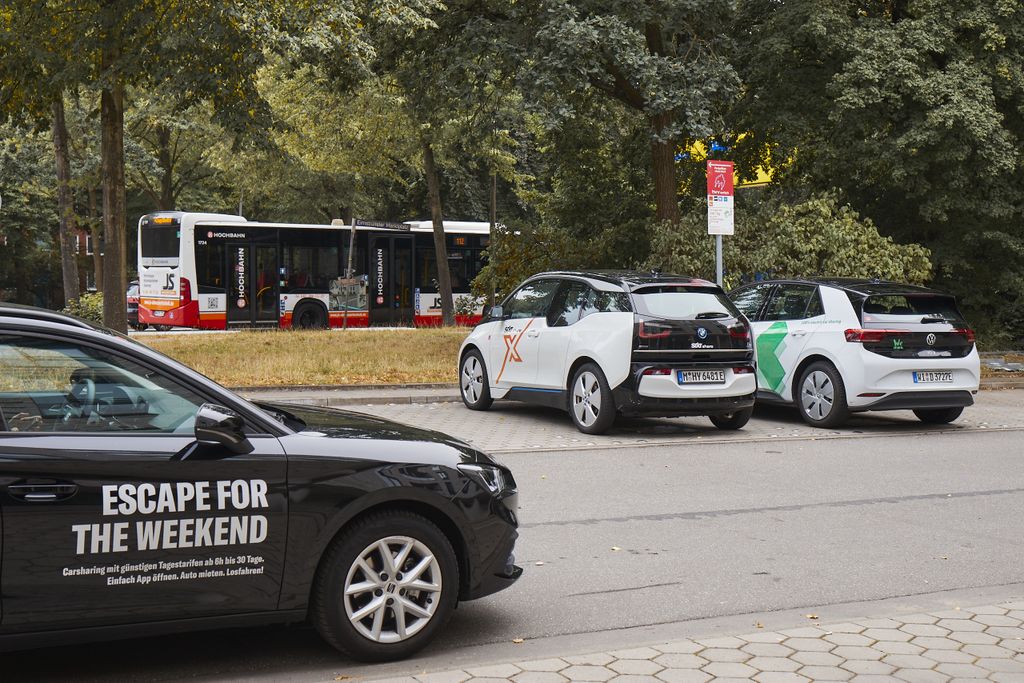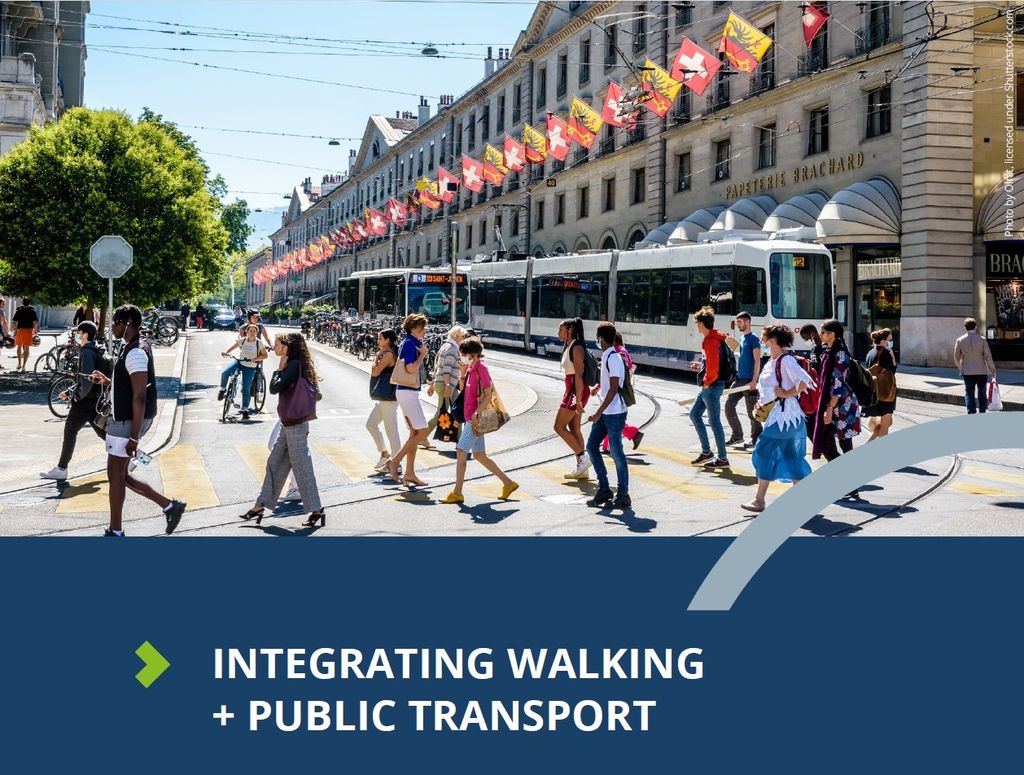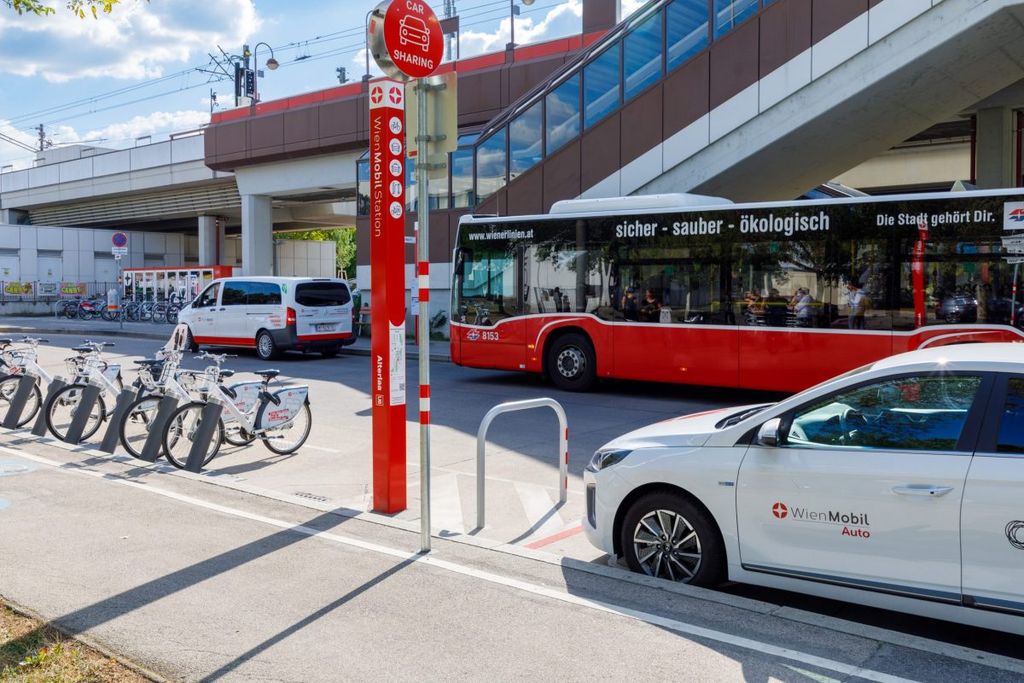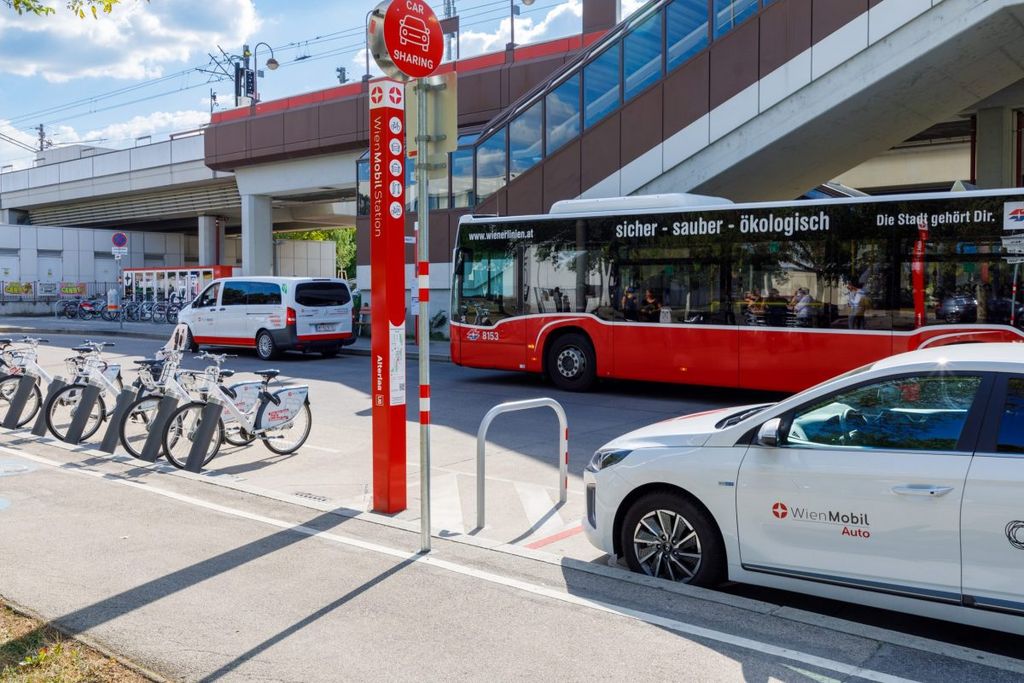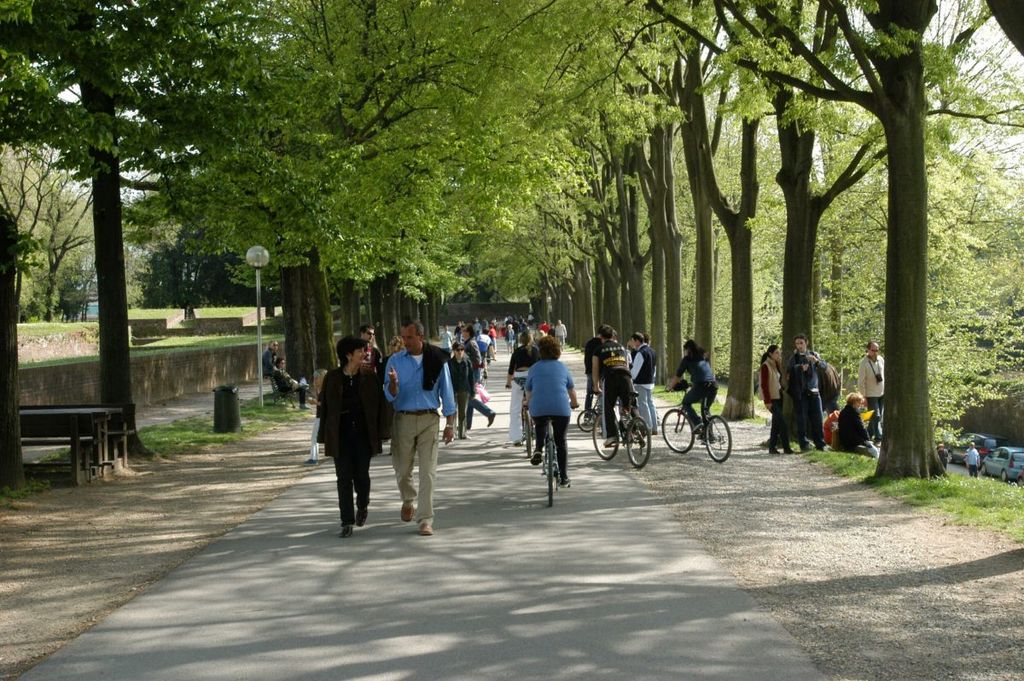
Achieve your mobility vision: SUMP-PLUS project delivers findings on sustainable urban mobility plans
Sustainable Urban Mobility Plans made easy?
Last month, we saw the CIVITAS SUMP-PLUS project finally draw to a close. After 42 months of equipping cities to deliver zero carbon and achieve their mobility visions, the final conference took us through the various lessons learnt and support tools which will remain available for cities, operators and authorities to benefit from.
In 2019, the EU approved the Green Deal strategy, committing itself to net zero by 2050, after abundant scientific evidence about the causes of climate change, its impacts on the human and natural worlds and decades of climate activism. The New Mobility Framework (2021) is the EU’s response to the challenges cities face in ensuring their mobility systems are sustainable and meet the zero carbon 2050 target. This target strengthens the need to focus on decarbonisation and to update SUMP guidance in this respect.
Yet, despite the policy push, issues have arisen related to resources, competences within city administrations and the connection between mobility and other crucial services such as healthcare and education. CIVITAS SUMP-PLUS entered the scene in 2019 to help towns and cities of all sizes bridge the implementation gap to become liveable places, supporting them with their SUMPs.
Through developing and testing support tools in six cities: Antwerp (Belgium), Alba Lulia (Romania), Great Manchester (UK), Klaipeda (Lithuania), Lucca (Italy) and Platania (Greece), good practices can be transferred to politicians, practitioners and researchers.
So, what were the results?
Klaipedia created a SUMP implementation strategy to accelerate its transformation from car-dominated streets towards a liveable city with inclusive, green mobility. SUMP-PLUS provided support to the municipality, namely capacity building of the implementation strategy, strengthening cooperation with surrounding municipalities and cross-sector planning with education sector. Klaipedia found that citizens were more willing to travel sustainably if the infrastructure became safer and surrounding municipalities were willing to work together.
In Platanias, SUMP-PLUS supported the administration with co-creating a SUMP for a small island city with seasonal tourism. It addressed dealing with the fluctuations with demand, linking hinterland and coastal urban areas and integrated resilience planning for future climate, health and economic crises. Through various working groups, public campaigns and mobility data analysis, the conclusions were that targeted mobility planning and tailored messages towards different stakeholders may be resource intensive but are key to successful co-creation and public engagement, and the small cities can benefit from simplified approaches in mobility planning.
Hear from Transport for Greater Manchester and their collaboration with the healthcare sector for healthy cities…
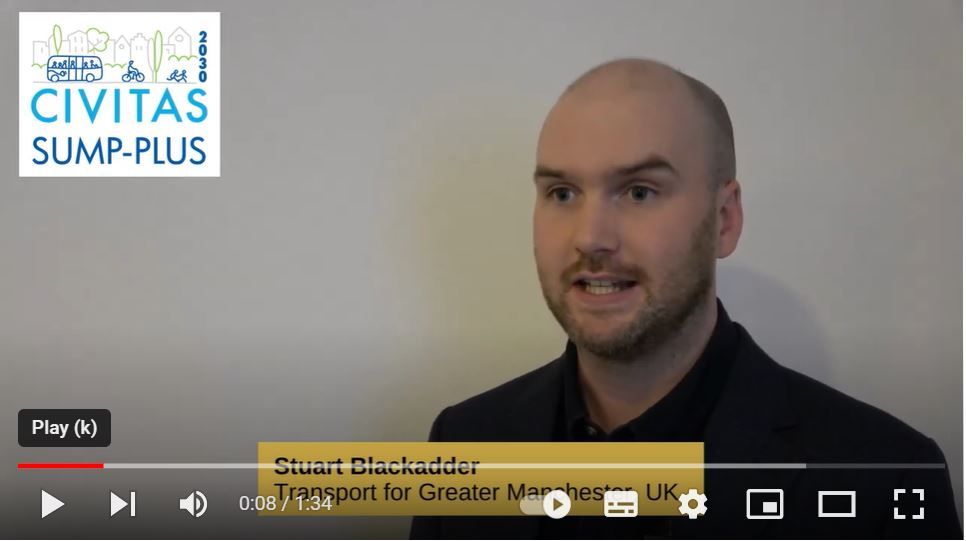
Free, open tools and guidance
The transition to achieve net-zero carbon targets requires radical and urgent change to existing policies. However, it is not easy to understand how different scales and timings of policy strategies impact carbon emissions, especially when dealing with such long timeframes. The Carbon Reduction Strategy Support Tool has been developed to fill that knowledge gap and assist cities in identifying a suitable mix of high-level policy strategies, and their timelines, that will achieve carbon targets while also respecting and supporting the other objectives that cities are looking to deliver.
A self-assessment scheme, entitled the City Mobility Transition Self-Assessment is available on the website and aims to provide an engaging and interactive means for urban mobility planning practitioners to understand key SUMP PLUS concepts, and to gauge the extent to which a particular city or city-region is already applying the concepts, approaches and tools developed in the project.
What’s more, the team from SUMP-PLUS also contributed to the SUMP guide on the decarbonisation or urban mobility, commissioned by the European Investment Bank and JASPERS. It offers extensive explanations towards a phased-approach for climate change mitigation.
From planning a long-term zero carbon transition to stakeholder engagement and strengthening governance
The transport sector contributes around 25% of urban carbon emissions, but is the sector that has reduced its emissions least over time – it must decarbonise rapidly if global climate change targets are to be met. The SUMP-PLUS team has created six bite-size policy notes covering six key approaches developed during the project to guide policy makers and practitioners on their way to meeting their climate targets:
- Planning a long-term zero carbon transition pathway
- The role of cross-sector collaboration in reducing the need to travel
- Building governance capacity to achieve sustainable urban mobility transition
- Stakeholder engagement – an essential steppingstone for achieving an integrated vision for sustainability
- Data sharing to facilitate and strengthen partnership working
- Delivering the change: Developing a comprehensive implementation strategy for smaller cities
SUMP-PLUS has encouraged the transition to more sustainable cities and low-carbon economies. It has shown how to create stronger links with other sectors of urban life, such as tourism, health, trade and education. Sustainable Urban Mobility Plans lay the foundations for green, healthy living and I can only encourage the sector to take advantage of the vast knowledge that this project has provided.
But it is certainly not the end of the journey towards zero-carbon mobility, especially as UITP is a partner in the mission NetZeroCities! It was announced this week that 53 cities from across 21 European Union and Horizon 2020 Associated Countries have been invited to embark upon unprecedented climate action through the NetZeroCities Pilot Cities Programme. The selected pilot cities will experiment with new ways to rapidly decarbonise over the course of a two-year programme. Cities will reflect and learn as they go, providing opportunities for other cities to follow in their footsteps, replicating and/or scaling approaches and solutions relevant to their context.

